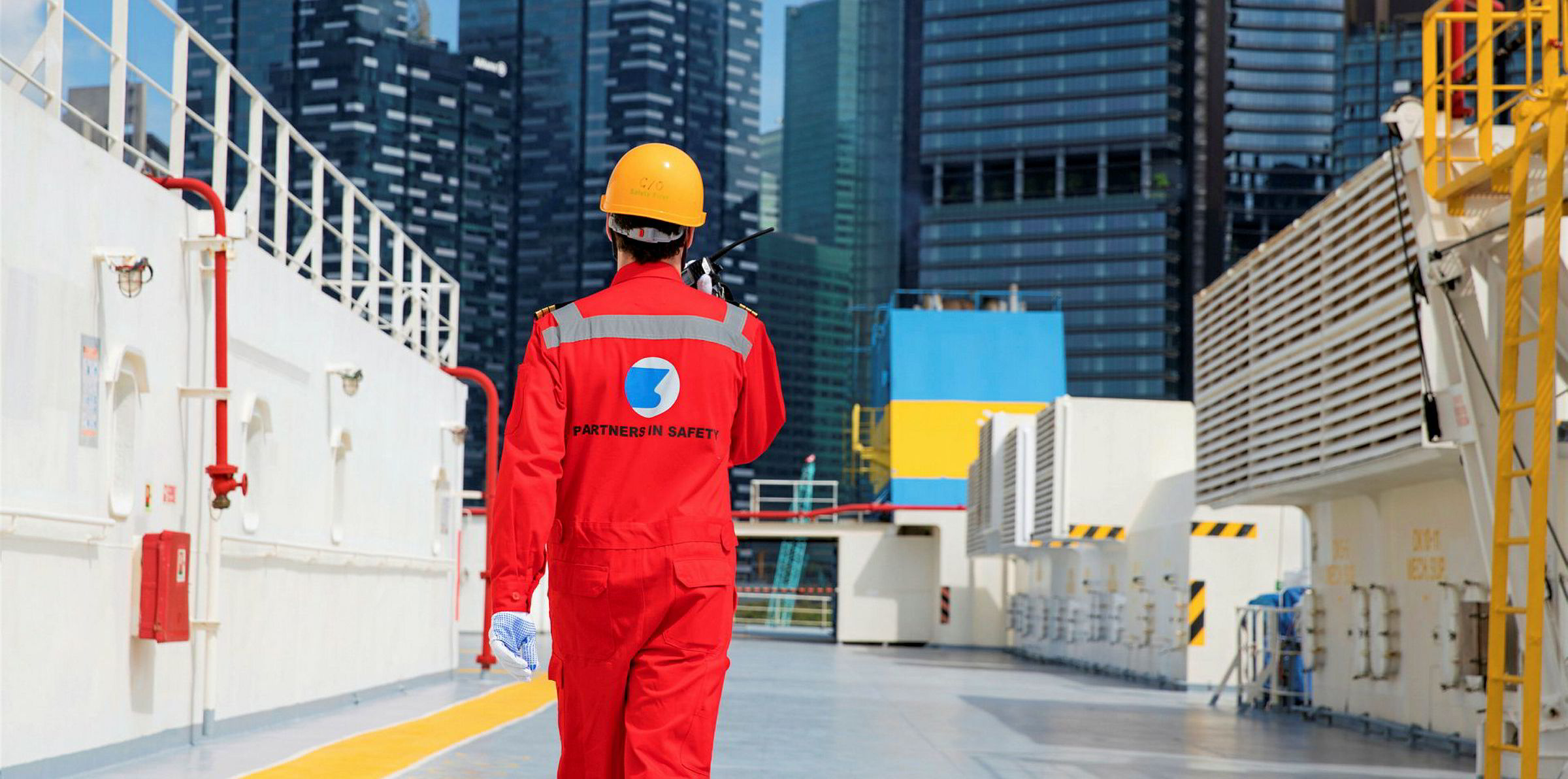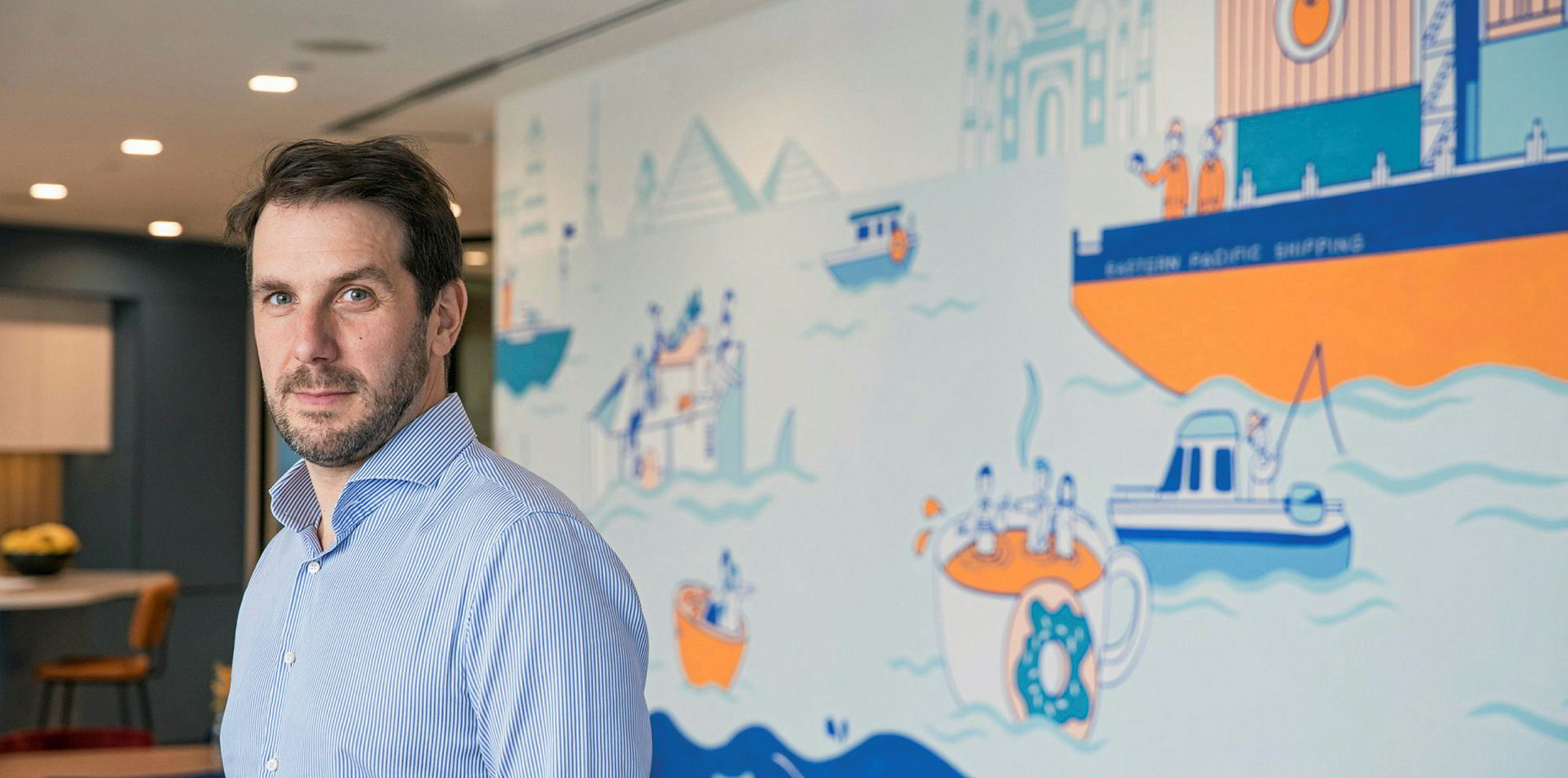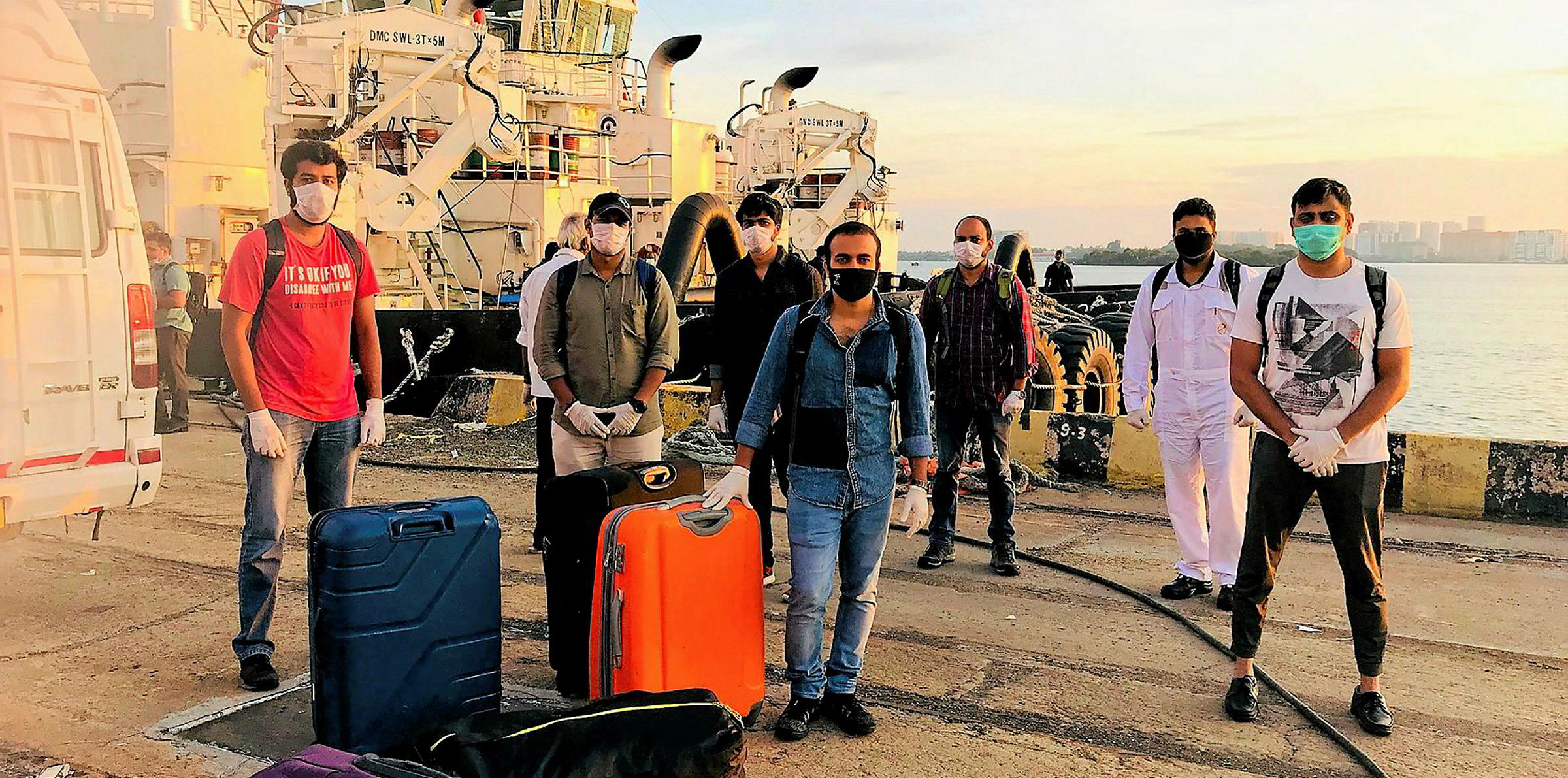Network connectivity has allowed Eastern Pacific Shipping’s seafarers to have better social lives during the crew crisis and perform some tasks that are usually carried out by IT engineers, a company executive said.
With travel restrictions across the globe to control the spread of coronavirus, industry estimates suggest 300,000 seafarers have been unable to disembark their ships upon the expiry of their employment contracts.
In a webinar held by Nautilus Labs on Wednesday, Eastern Pacific’s chief innovation officer Claus Nehmzow said his company has been in need of revising workflows during the pandemic.
New IT skills
In the past, the Idan Ofer-led company — which employs 5,000 seafarers and onshore staffers — sent engineers to perform physical installations of sensors and IT equipment aboard to gather vessel data.
Nehmzow said Eastern Pacific now more relies on external agencies, contractors or even crew members for those tasks.
“We are actually trying to use our own people,” Nehmzow said. “We're just trying to be resourceful.”
Through real-time training via enhanced network connection, the company’s onshore personnel have been able to train seafarers to wire cables and configure International Protocols, among other tasks.
“We are having increasing connectivity on board ... We can talk to people in real time,” Nehmzow said. “We can guide them through the process and we are documenting what they have to do.
“I think the crew is very happy to try out new things to help in any way, which make things more interesting.
“It's always interesting to extend the [scope] of your responsibilities and apply [new] skillsets.”
Social network
Moreover, Nehmzow said his company is improving crew welfare via enhancing their connectivity with their colleagues onshore and at sea.
“We're introducing a sort of internal social network,” Nehmzow said, adding that the system will soon allow seafarers aboard his company’s vessels to take part in activities outside routine works.
Those include cooking and fitness contests.
“People are taking amazing video of their journey on the ships,” Nehmzow said.
“They can share that with all of the company, not just the people onshore but everybody else on the other vessels.”
Even a laggard can speed up
Nehmzow joined Eastern Pacific — to oversee all technology-related strategies and initiatives in 2019 — from BP, where he had led its digital innovation organisation in Asia and the Pacific.
“Shipping has probably been behind other industries, like aviation in particular, or oil and gas, for maybe a decade or so,” Nehmzow said.
Energy majors have large data science departments and even own supercomputers to handle exploration data. In the fragmented shipping industry, companies tend to be smaller and not have strong data analytics capabilities, he added.
Nehmzow predicts that shipping firms, for the near term, will need to partner with tech start-ups to enhance their capabilities in dealing with data and developing associated applications.
But he is encouraged by the industry’s cultural shift to embrace digitalisation during the pandemic. For example, more shipping professionals are willing to go paperless in documentation.
“A lot of the shipping processes were paper based, like people coming on board to check paper documents,” Nehmzow said. “And of course, it's unnecessary.
“This virus hasn't changed things fundamentally. But I think it has accelerated things ... accelerated innovation of shipping.”







